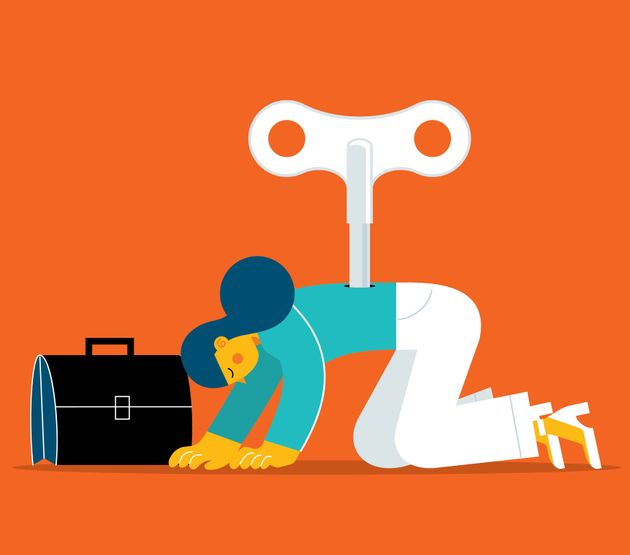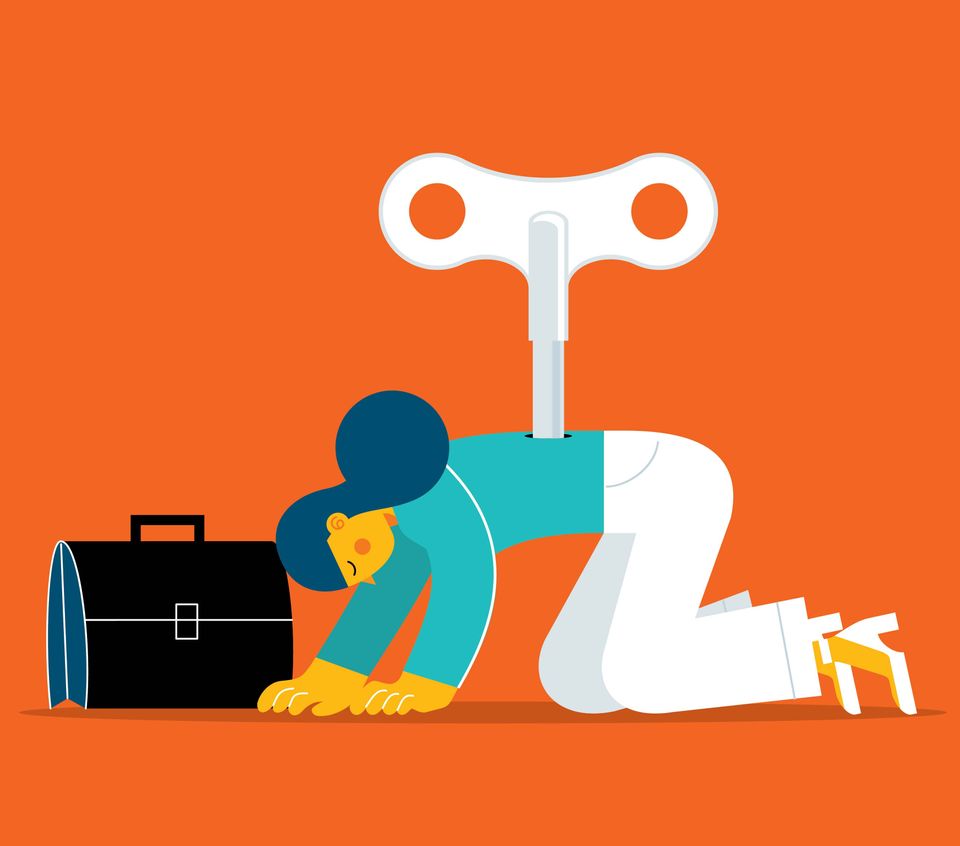
For Tejal Wagadia, some of the job interviews she had after getting laid off a few years ago are her “villain origin story.”
Back when she was unemployed, Wagadia applied for a staffing agency’s technical recruiter role. It was a “super frustrating” process, she said. The recruiter initially promised that it would be just two rounds of interviews to meet teammates, a hiring manager and the business co-owner. But then the interviews kept coming until it became a total of five rounds at an office, lasting at least two hours each.
Advertisement
“They’re like, ‘The other owner also wants to meet with you.’ OK. ‘You know what? One more hiring manager wants to meet with you.’ OK,” Wagadia recalled.
By the third interview, she realised her time was being wasted. “None of the questions that they asked me were about my skill set or my qualifications. Especially at the owner level, they asked me questions about my employer that had just laid me off,” Wagadia said. Still, she participated in two more rounds due to the “sunk cost fallacy” of investing so much time already and because she was “desperate at that time to find a job,” she said. But she still didn’t get the role.
And Wagadia’s not alone in enduring excessive interviews like these. There are countless stories of job candidates being strung along through an indefinite number of interviews.
So, exactly how many interview rounds is too many? Hiring experts shared their tipping point.
Employers that do more than 5 rounds usually don’t know what they want — and that’s a big red flag.
Eddiana Rosen, a human resources specialist with recruiting experience who coaches job seekers, said that if a company doesn’t know who it wants to hire after five rounds of interviews, it has “a broken system.”
Advertisement
Rosen went through this herself in one memorably indecisive hiring process, where she had eight in-person interviews and one final Zoom interview for a promising startup job in New Jersey.
“I was driving and paying for parking every single time,” she said. She got the job, but she knew her time had been wasted.
“The majority of people who are interviewing have another job, and I think that asking people to come in more than a certain amount of time to interview is just ridiculous,” Rosen said.
Companies that drag out their hiring do not know what they want, experts say.
“They’re afraid of making the bad hire,” Rosen said. “But at the end of the day, the more that they take time, the more they risk losing good candidates, because essentially, the more qualified the candidate, the less they’re willing to put up with these bad hiring practices.”
Rosen said she saw employers hire faster in 2021, when job seekers had more leverage. But in this tight labor market, she has seen the number of interview rounds balloon to around five or more. “Five [rounds] would be like the absolute maximum if I’m really interested in that company, but four is more of where it should be,” Rosen said.
Advertisement
Wagadia, who now works as a technical recruiter, also firmly believes that an organisation’s hiring process should take no more than five rounds of interviews, from the first screener call to the offer or rejection.
She said that after five, “you’re telling them, ‘Hey, a) we don’t have a process, we are not organised enough to have a process,’ or b) ‘You’re not important enough, or good enough for this role. So we’re going try and figure out whether you are good enough.’”
Ebony Joyce, a career coach and diversity consultant, finds that for midlevel non-management roles, “typically any more than four [rounds] is too many.” But for more senior roles with potential employers, that number can increase.
In general, she said candidates should ask themselves: “Did I learn something about them? Did they learn something about me? … You should be going to each interview learning more about what the company’s problems are, and how you can solve that problem.”
If you’re not learning anything new, that may be your sign that the rounds have gone too far, Joyce said.
Advertisement
Employers should be upfront about their expectations.
Although a job candidate can sometimes get the job after many interview rounds, a company’s wishy-washy behavior is not a good sign that you are the preferred candidate.
“If you are a top candidate for an employer, they will make you a priority,” Wagadia said.
Now when she talks to job candidates, Wagadia models what she wishes she had seen in her job interviews. She shares that she may not be able to give an exact date for when the hiring process will end, but she can explain what an average hiring timeline looks like, “such as six to eight weeks,” and what the interview rounds will entail.
Rosen, who previously had a sponsorship with Teal, said that more employers should use the career development platform because its job listings let candidates know upfront about the number of interviews, who they will be interviewing with, the questions that they can anticipate, and how long each interview will take.
For example, a current listing for a senior backend engineer at Teal explicitly states that there will be four interviews and that the first one will be a 30-minute Zoom call with the chief technical officer, where the goal is “high level qualifications & mutual fit.”
In this way, there are no surprises and candidates can decide for themselves if this is a job they want to apply for. “That way you can opt out,” said David Fano, Teal’s CEO. ”[You] know exactly what [you’re] getting into.”
Advertisement
Fano said interviews are typically no more than three rounds for Teal candidates. The first is a “smell test”; it assesses if they are who they say they are. Then the second interview’s goal is to answer “Are they technically capable?” The third is about work culture: “Are they a culture add?” Candidates meet team members and can decide if they want to join.
“At the end of that, we feel like we have enough information to make the decision,” Fano said, adding that hiring “doesn’t benefit from groupthink where more voices and more opinions is necessarily better.”
Here’s how to gently push back when your time is not being respected with job interviews.
If an employer doesn’t set a time boundary and keeps scheduling more interviews, set it for yourself in the beginning of the hiring process.
Joyce said she successfully coached a client to ask what the interview process would look like in the first round and to state, “I have a five-interview max.”
You can also make the call to bow out of consideration when the number of rounds is becoming egregious.
Advertisement
Rosen suggested you do this by saying something like: “It’s been quite a bit of a lengthy process so far, and I’ve had to say no to other commitments. … I would really appreciate if you can let me know how much longer I’ll have to be in the process, because if I have to go much longer, I’ll have to get myself out of the race, just to respect each other’s time.” With this approach, your tone is more politely curious than demanding.
And if you’re not interested in continuing the relationship, Rosen suggested that you simply state: “Hey, I am so appreciative of the time so far. Unfortunately, I’ll have to take myself out of the race, considering this process has been so lengthy for me.”
Ultimately, employers disrespecting a candidate’s time can be a bad omen for how they may one day disrespect your work-life boundaries as an employee.
“At the end of the day, your time is just as valuable as theirs,” Rosen said. “Being respectful of your own time is very commendable.”






























